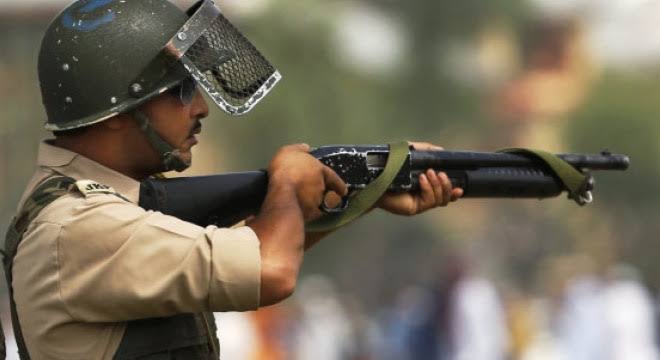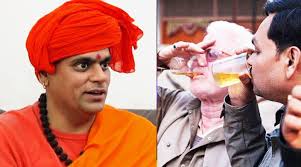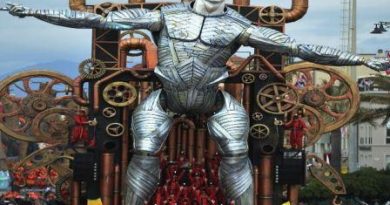Petition for ban on Pellet guns dismissed by Supreme Court
The Jammu and Kashmir high court on Wednesday dismissed a plea seeking a ban on the use of pellet guns for crowd control in the recently created Union territory and cited a 2016 order that said that their use was necessary in incidents of mob violence.
A division bench comprising justices Ali Mohammad Magrey and Dhiraj Singh Thakur dismissed the plea filed by the Jammu and Kashmir High Court Bar Association (JKHCBA) in 2016, seeking the ban, the prosecution of security forces for using pellet guns on protesters and non-protesters and compensation payment to the injured.
The court mentioned that it has “recorded a finding in its order dated 21.09.2016, particularly in paras 22 to 27”.
On September 21, 2016, the court had observed that “so long as there is violence by unruly mobs, use of force is inevitable”.
It added, “What kind of force has to be used at the relevant point of time or in a given situation/place has to be decided by the persons in charge of the place where the attack is happening”.
The court also took note of the ground situation and the central government’s bid to form a committee of experts on July 21, 2016, for exploring alternatives to pellet guns. “… before filing the report by the expert committee and a decision taken by the government, we are not inclined to prohibit the use of pellet guns in rare and extreme situations,” it said.
In 2016, JKHCBA filed the public interest litigation (PIL) after hundreds of people were injured by pellets fired by security forces to rein in protests triggered after the killing of Hizbul Mujahideen militant Burhan Wani.
The petitioners moved the Supreme Court (SC) after the J&K HC decided to wait for the expert panel’s findings and the government’s decision.
The SC referred the case back to the J&K HC in 2019 after observing that pellet guns should not be used “indiscriminately”.
On prosecution of security forces, the court said that it can’t be considered “as no findings of use of excessive force, violating the guidelines issued in the SOP [standard operating procedure] have been recorded by any fact finding authority … the persons alleging use of excessive force, due to which death or injury has occurred, can approach the appropriate forum to seek redressal”.
Hospital figures had revealed that over 6,000 people suffered pellet injuries, including 1,100 eye injuries during the 2016 unrest that started on July 8 — the day Wani was killed.
There was outrage over the high number of injuries and Amnesty International described pellet guns as “inherently inaccurate and indiscriminate” and claimed that least 14 people had been killed by pellet guns.
The court said that as far as the prayer for compensation was concerned “the state has fulfilled its obligation, such as ex-gratia payments to most of the injured persons …and with respect to the remaining …their cases shall be decided in tune with government policy in due course of time ”.
The divisional commissioner of Kashmir had submitted a list of persons who were injured in 2016 and sanctioned a payment of ₹75,000 each to 54 people who had suffered permanent disablement and ₹50,000 each to 10 people who had suffered partial disablement after being hit by pellets.



